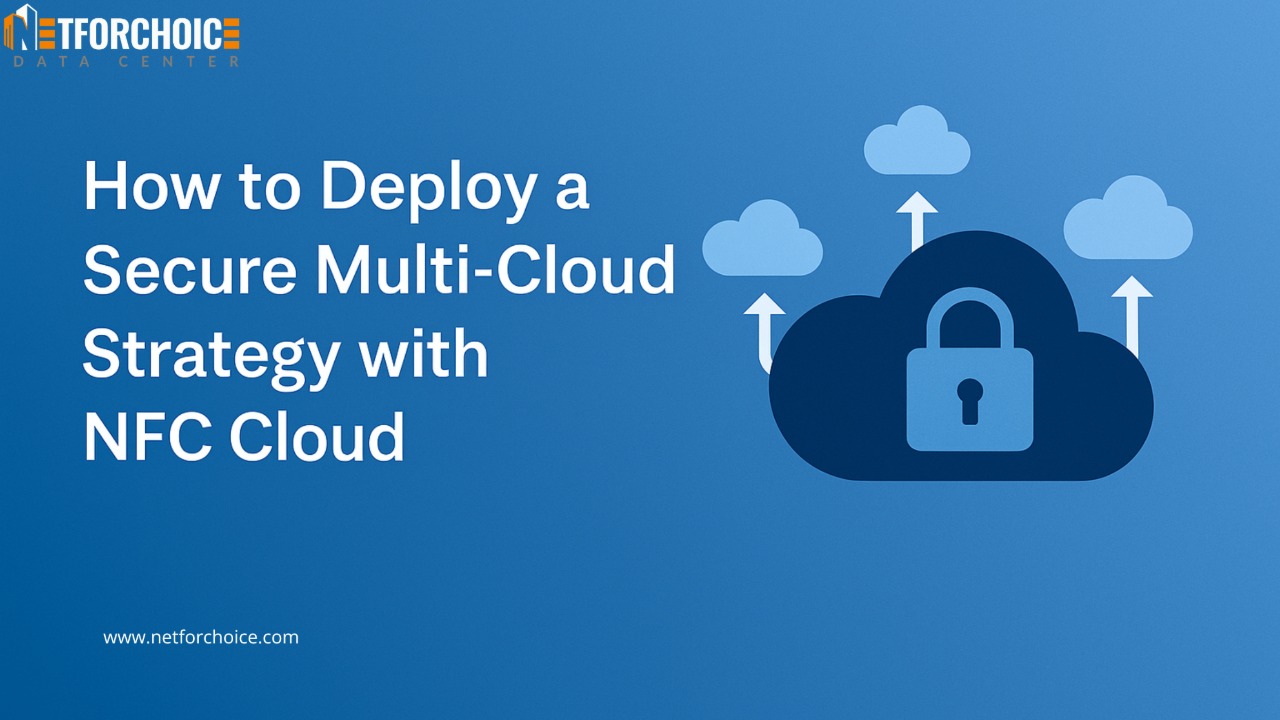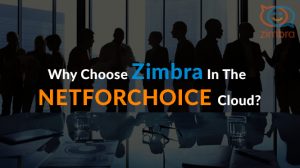How to Deploy a Secure Multi-Cloud Strategy with NFC Cloud

With the digital-first world, companies are rapidly adopting multi-cloud strategies for higher agility, escaping vendor lock-in, and ensuring business continuity. However, adopting a secure multi-cloud infrastructure is not just hooking up a few cloud platforms. The actual challenge for CTOs, IT heads, and cloud architects lies in managing performance, compliance, and data security across different cloud providers.
Here is where NFC Cloud shines—offering a secure, scalable, and enterprise-grade multi-cloud solution that meets the advanced needs of modern businesses.
What is a multi-cloud strategy?
A multi-cloud strategy is the adoption of services from at least two cloud providers—public, private, or hybrid. Rather than relying on a single vendor such as AWS, Azure, or Google Cloud, businesses spread the workload across several platforms for reliability, performance, and cost benefits.
Top Benefits of Multi-Cloud:
- Better Resilience: Has good availability even if one of the clouds crashes.
- Cost Optimization: Pay for resources used only across platforms.
- Compliance Rules: Store data in specific geographies to meet data localization and industry regulations.
Why Security Matters for Multi-Cloud Deployments
While multi-cloud is agile, it also widens the attack surface. Each provider has different policies, APIs, and security controls, and this can lead to vulnerabilities if not properly managed.
Abundant Security Challenges in Multi-Cloud:
Data Fragmentation: Data dispersed across many environments.
Complexity of Compliance: Managing diverse regulatory frameworks (GDPR, HIPAA, RBI).
Identity & Access Management (IAM): Secure authentication of users across providers.
Visibility & Monitoring: Absence of centralized visibility and control over workloads.
How NFC Cloud Facilitates Secure Multi-Cloud Deployment
With its enterprise-grade infrastructure and Tier IV Data Centers in India, NFC Cloud gives organizations a secure and compliant environment to deploy multi-cloud strategies.
- Consistent Security Framework
NFC Cloud combines firewalls, intrusion detection, encryption, and SOC-as-a-Service to secure workloads on providers.
- Compliance-Ready Infrastructure
Be it BFSI, healthcare, or government sectors, NFC Cloud provides compliance with ISO 27001, HIPAA, PCI-DSS, and RBI regulations.
- Smooth Connectivity & Integration
Secure APIs, VPNs, and direct interconnects enable smooth integration of public clouds such as AWS, Azure, and private data centers through NFC Cloud.
- Advanced Monitoring & Analytics
All-in-one dashboards with threat insights and real-time tracking give a clear view of multi-cloud workloads.
5. Disaster Recovery & Business Continuity
DRaaS (Disaster Recovery as a Service) helps companies reach near-zero downtime and 99.995% uptime.
How to Create a Secure Multi-Cloud Strategy with NFC Cloud
Step 1: Choose Business Objectives Decide to conserve funds, meet regulation, or split loads.
Step 2: Determine Current Loads Classify applications into mission critical, sensitive, and low priority, and place them in the correct cloud.
Step 3: Choose the Best Provider Mix Use public cloud (AWS, Azure, GCP) for agility and NFC Cloud’s private infrastructure for compliance and security.
Step 4: Implement Identity & Access Management Use multi-factor authentication (MFA) and role-based access control (RBAC) for users.
Step 5: Centralized Monitoring Use centralized monitoring by leveraging NFC Cloud’s SOC-as-a-Service to monitor, manage logs, and identify threats from a centralized location.
Step 6: Test Disaster Recovery Plan Regular failover and recovery testing to ensure business as usual.
Best Practices to Secure Your Multi-Cloud Strategy
Encrypt Data Everywhere: In transit and at rest.
Regular Security Audits: Catch loopholes before the evil ones.
Automate Compliance Checks: No room for human error.
Use Zero-Trust Security: Authenticate every user, device, and app.
Partner with a Reliable Provider: Ride on the experience of NFC Cloud for simple deployment.
Conclusion
Implementing a secure multi-cloud strategy is no longer a choice—businesses must have it to lead, comply, and recover from issues. NFC Cloud provides businesses a future-proof environment that has the flexibility of multi-cloud combined with industry-leading security, regulation adherence, and cost-effectiveness.
Ready to lock down your digital future? Call NetForChoice today and deploy a secure multi-cloud solution that you can trust.
FAQs
Q1. What is a multi-cloud strategy?
Multi-cloud strategy utilizes services from more than one supplier (AWS, Azure, NFC Cloud) to provide greater flexibility, resilience, and cost control.
Q2. How does NFC Cloud make multi-cloud secure?
NFC Cloud provides encryption, SOC-as-a-Service, firewalls, and rule-based systems to safeguard work.
Q3. Why do large businesses require multi-cloud in 2025?
It prevents being locked into one vendor, keeps operations going, makes compliance easier, and saves funds.
Q4. Is NFC Cloud compatible with AWS and Azure?
Yes. NFC Cloud offers secure APIs and connections to connect with public cloud providers.
Q5. Can banks, insurance firms, and hospitals implement multi-cloud?
Most definitely. NFC Cloud is apt for regulated sectors due to its data localization and HIPAA- and RBI-compliant features.




